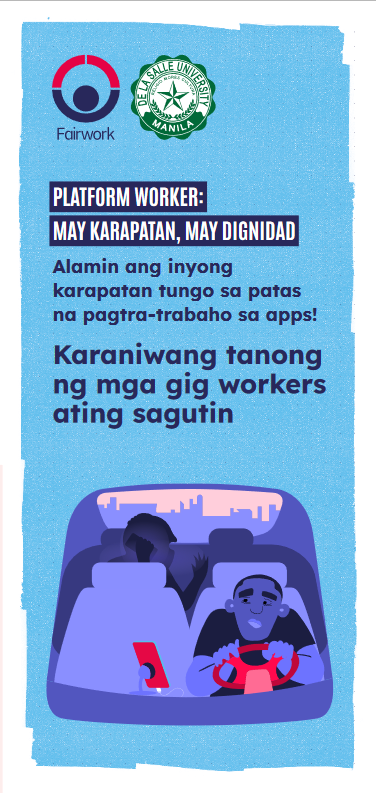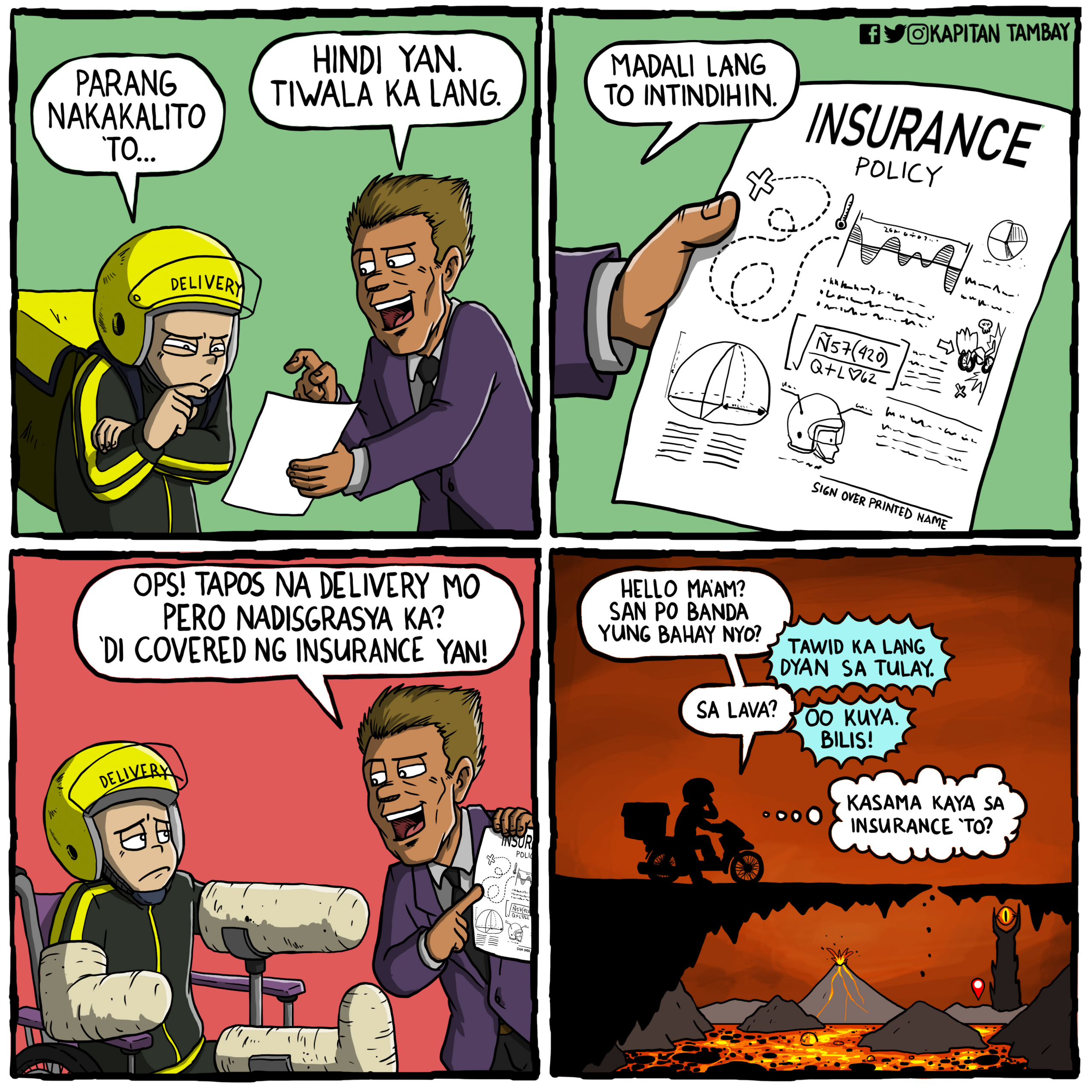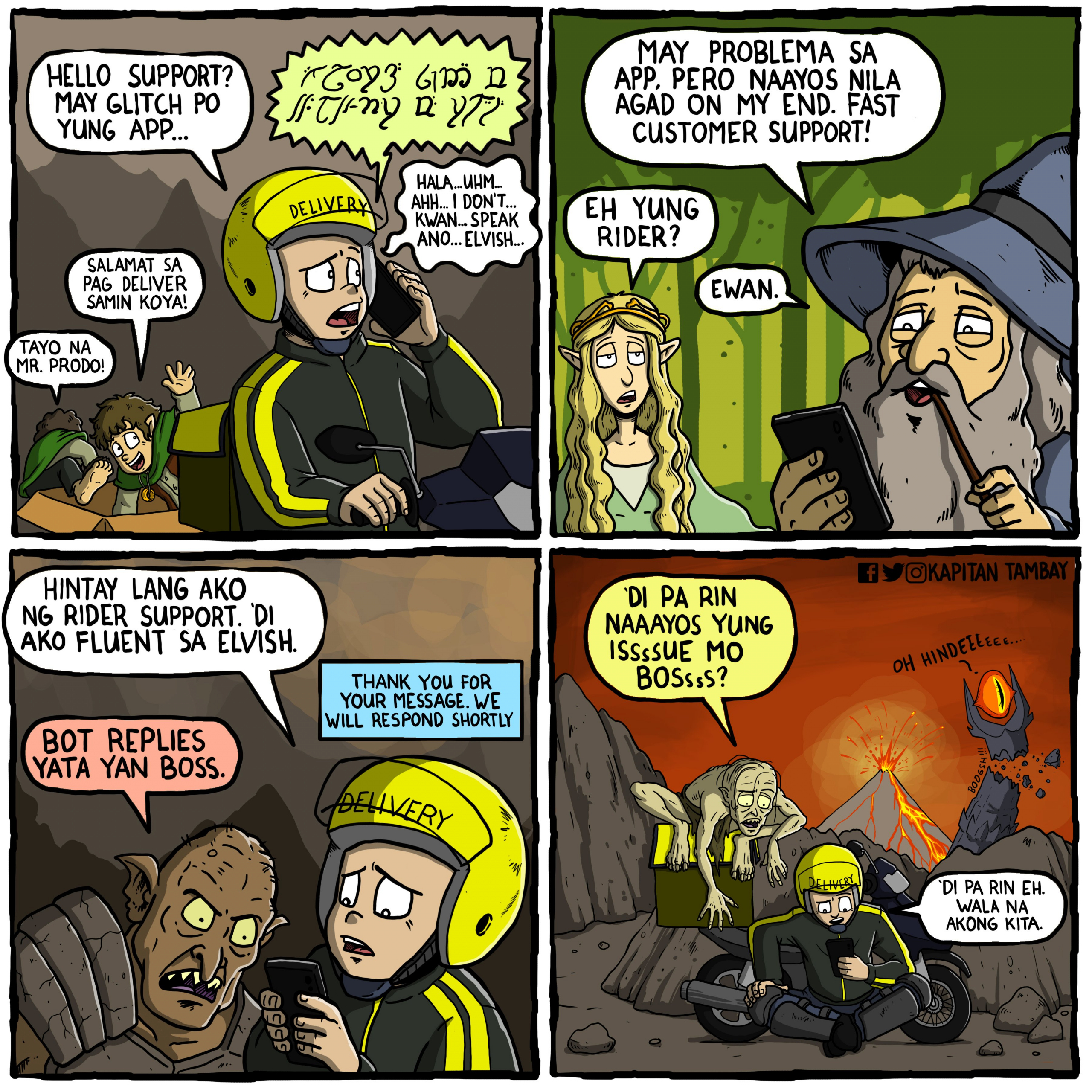

Gig workers spend long hours on the road every day. But after factoring in the cost of gas, mobile data credit, vehicle maintenance and repair costs, alongside loan payments for their vehicles, most workers cannot meet the basic minimum wage while also facing dangerous working conditions, a lack of safety nets, and long-term financial insecurity.
These are the main findings of the third yearly Fairwork Philippines report, published by De La Salle University in partnership with the University of Oxford. The report, which evaluates 10 platforms – Angkas, Borzo, GrabCar, Grab Food/Express, Foodpanda, Joyride, Joyride Car, Lalamove, Maxim, and TokTok – in the ride-hailing and delivery sectors, focuses on gig worker health, safety, and security.
Despite government and market forces continually promoting gig work as a viable livelihood opportunity for Filipinos, the findings of this year’s report show no improvement in the conditions of workers in comparison to last year. The report shows that many platform workers are left to suffer conditions of financial insecurity and major safety risks due to limited protections.



With the pandemic, the Philippines has seen an increased need for on-demand apps, which meant an influx of delivery riders in gig-work platforms. While these apps give access to alternative sources of income, workers are inevitably exposed to various work and health hazards. Workers from the gig economy are at risk due to the lack of labor laws in the country. In return, they fail to receive support and protection from unfair labor practices.
In this 3-part special of DLSU Questions, Dr. Cheryll Ruth Soriano, Principal Investigator of Fairwork Philippines, and the Communications Department Vice Chair of De La Salle University guide us as we embark on the journey of understanding the industry and economy of gig work here in the Philippines.
https://open.spotify.com/episode/7FkpoZG6FG2w48KTndYt9y?si=O34fnWGESnaLTEDPt_0ClA